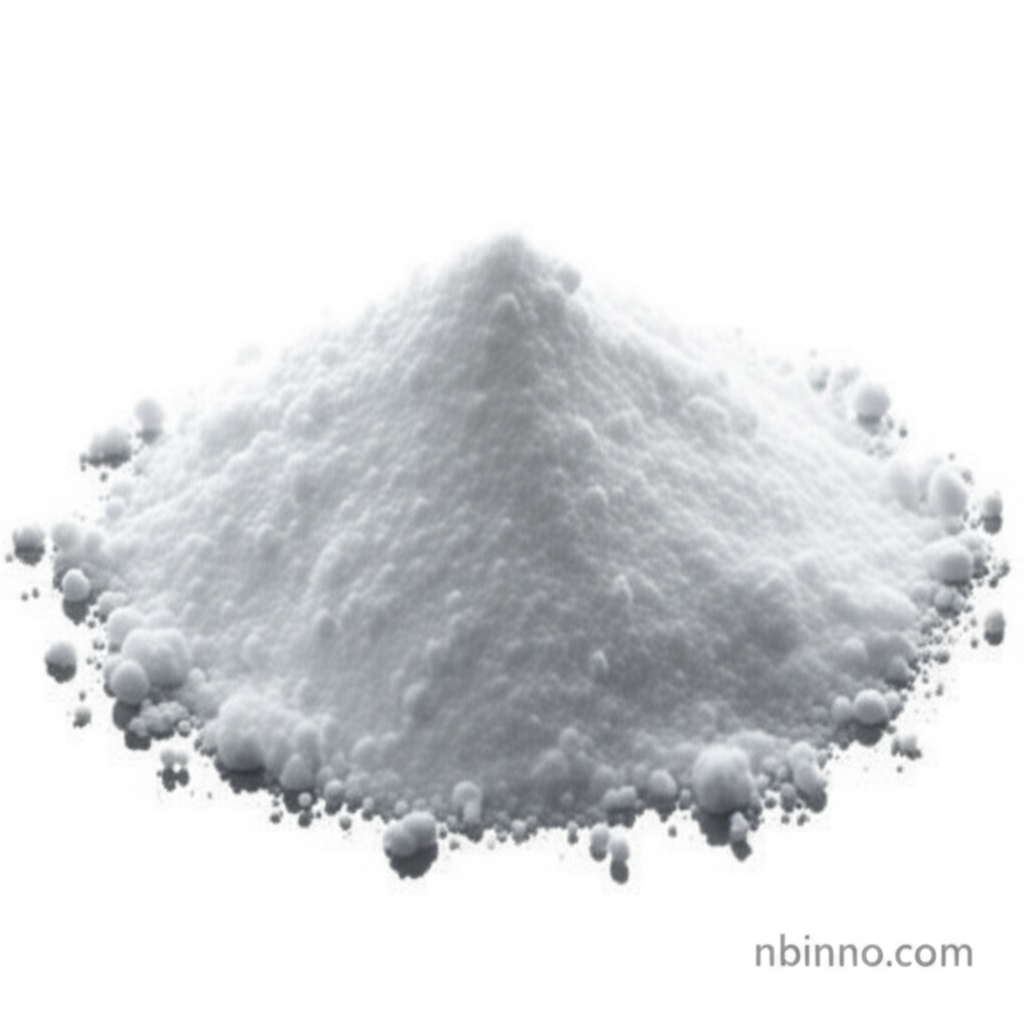Carbenicillin Disodium: A Broad-Spectrum Antibiotic for Advanced Research and Pharmaceutical Applications
Discover the power of Carbenicillin Disodium, a vital antibiotic for microbiology, plant biology, and pharmaceutical research.
Get a Quote & SampleProduct Core Value

Carbenicillin Disodium
Carbenicillin Disodium is a semi-synthetic penicillin antibiotic renowned for its broad-spectrum activity, particularly against Gram-negative bacteria. It functions by inhibiting the synthesis of bacterial cell walls, a critical mechanism for its bactericidal effect. Its stability, especially compared to ampicillin, makes it a preferred choice in various scientific applications.
- Discover the mechanism of action of carbenicillin disodium, understanding how it interferes with peptidoglycan synthesis to combat bacterial growth.
- Explore the advantages of using carbenicillin disodium in molecular biology, particularly as a reliable antibiotic selection agent for transformed cells.
- Learn about the superior stability of carbenicillin disodium in research settings, offering better performance than ampicillin in demanding conditions.
- Understand the diverse pharmaceutical applications and research uses of carbenicillin disodium, highlighting its role in developing new treatments and conducting critical experiments.
Key Advantages
Enhanced Stability
Benefit from the increased stability of carbenicillin disodium, which maintains its efficacy in various conditions, making it a reliable choice for critical research protocols.
Effective Selection Agent
Leverage carbenicillin disodium as a potent antibiotic selection agent in molecular biology and plant tissue culture, ensuring accurate isolation of resistant or transformed organisms.
Broad-Spectrum Efficacy
Utilize the broad-spectrum antibacterial activity of carbenicillin disodium, effective against a wide range of Gram-negative bacteria, including challenging strains like Pseudomonas aeruginosa.
Key Applications
Cell Culture Media
Incorporate carbenicillin disodium into cell culture media to effectively inhibit bacterial contamination, ensuring reliable experimental results and cell line integrity.
Molecular Biology
Employ carbenicillin disodium as a crucial antibiotic selection marker in genetic engineering and cloning experiments, facilitating the identification of successfully transformed cells.
Pharmaceutical Research
Investigate the potential of carbenicillin disodium in pharmaceutical research, contributing to the development of new antibacterial agents and therapies.
Plant Biology
Utilize carbenicillin disodium in plant biotechnology and transformation protocols, effectively selecting for resistant plant tissues and genetically modified organisms.
